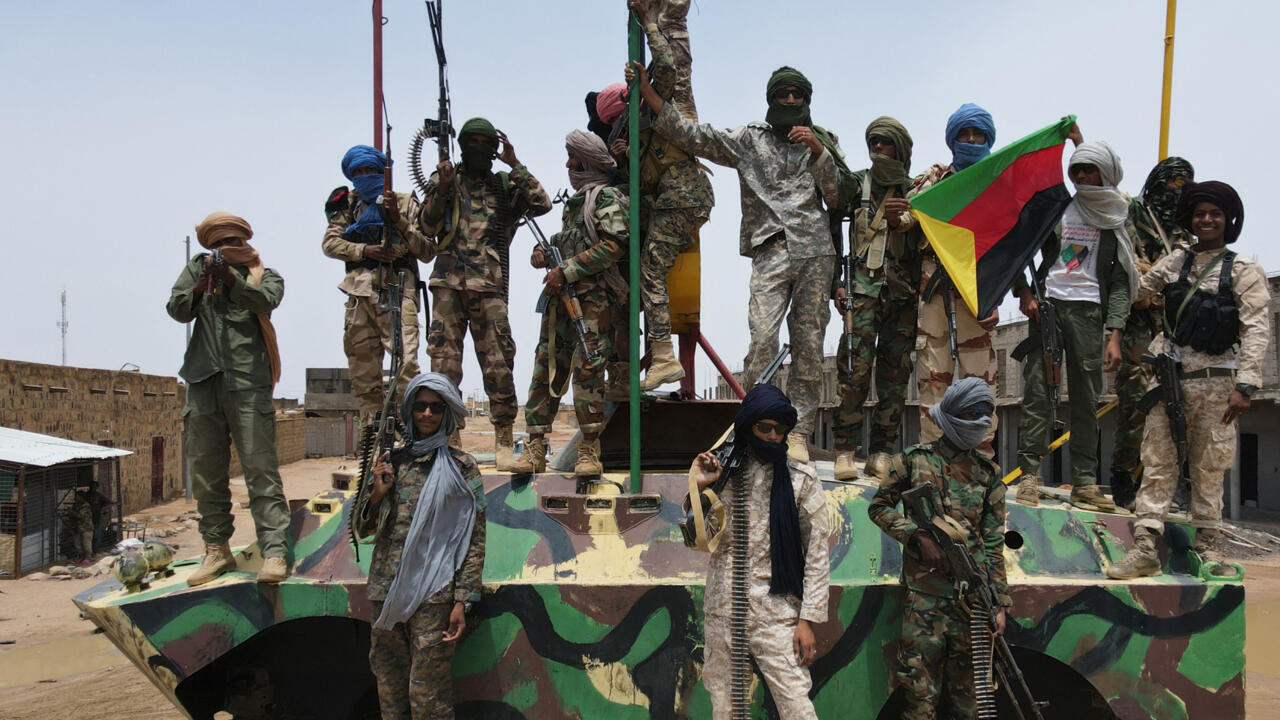Mali’s ruling military junta this week accused its neighbour Algeria of “interference” and supporting “terrorist groups”, according to a government statement. The Malian Foreign Ministry said it had learned through the press of remarks made by Algerian Foreign Minister Ahmed Attaf “once again commenting on Mali’s strategy for combatting terrorism”.
The statement did not reproduce the comments attributed to Attaf, but accused Algerian authorities of bias in favour of the Tuareg rebels in the north of Mali.
The Tuareg people are among the indigenous Berber groups populating the Sahara, in the south of Algeria and the north of Mali and Niger. They took up arms in 2012, following previous rebellions, seeking independence or autonomy for the region, which they call Azawad.
The ministry accused Algeria of “proximity and complicity with terrorist groups that destabilise Mali and to whom it has offered shelter and support”. It also strongly condemned what it calls “this new interference by Algeria in Mali’s internal affairs” and demanded that Algiers “stop using Mali as a tool for its international positioning”.
In late September 2024, the Malian representative at the United Nations accused Algerian diplomats of harbouring terrorists.
Mali’s military regime also used the statement to affirm that “strategic decisions in the fight against armed terrorist groups, supported by foreign state sponsors, are exclusively the sovereign prerogative of Mali” and its neighbours Burkina Faso and Niger – with which it has formed the Alliance of Sahel States (AES).
The Council on Foreign Relations (CFR) reports that the continuing collapse of international counterterrorism support, as well as weakening leadership in regional efforts, has created “a vacuum in which violent extremism can expand”. The think tank’s report also shows that the influx of extremists into northern Mali reignited the dormant Tuareg rebellion from 2012.
As Mali’s ruling junta, and its Russian partners, claim to have improved security in the northern part of the country, the rebellion at the border with Algeria appears to be a thorn in the side of the fight against increasing violence.
The Malian junta announced on 25 January, 2024 the “immediate termination” of the Algiers Peace Agreement signed in 2015, long regarded as crucial for stabilising the country – especially in the northern region populated and controlled by Tuareg groups, known to them as Azawad. The agreement had been seen as moribund since 2023, when the predominantly Tuareg separatist groups reopened hostilities in the north against the central government and the Malian army.
This resurgence of conflict also coincided with the withdrawal of the United Nations stabilisation mission in Mali (Minusma), which was pushed out by the junta after a decade of operations.


